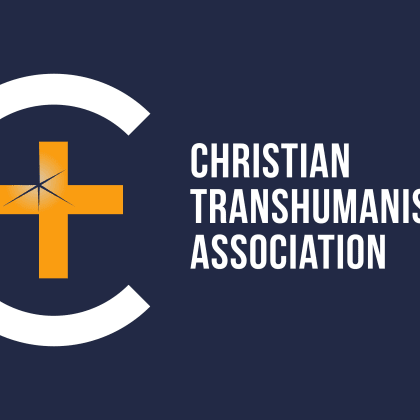News & Announcements about the CTA
Noland Arbaugh: First Neuralink Recipient to receive brain-computer interface
Did you know the world's first receipient of the Neuralink brain-computer interface is a devout Christian? Noland Arbaugh shares the journey that led him to become the world’s first Neuralink recipient—and a person of faith. His story bridges the gap between brain and computer, t…
Miracles, Reason, and History: with Dale Allison
What is a miracle? How did the Reformation launch skepticism and rewrite the rules of historical Jesus study? Can a historian remain open to Marian apparitions, Tibetan “rainbow-body” stories, and the Gospels at the same time? Micah Redding sits down with Dr Dale C. Allison Jr.—P…
Healthy and Holy: When the Goals of Asceticism Align with Transhumanism
In the age of rapid technological advancement, the merging of spiritual disciplines with transhumanist ideals might seem unlikely. Yet, a closer look reveals profound connections between the Christian tradition of asceticism and the goals of transhumanism. Both seek to refine the…
Science before the Revolution: a continuity of Christian thought
Introduction You’ve heard the claimed dichotomy between Christianity and science, how the dark ages ended and the enlightenment showed the way beyond religion. This ‘conflict thesis’ continues in many minds today. Maybe you’ve heard the strident atheist version. The conflict betw…
A Christian Transhumanist Confession
A Christian Transhumanist Confession by Caleb Strom Article I: Core tenants of Christian Transhumanism Christianity– Jesus is the Son of God. God exists in three separate but co-equal persons, Father, Son, and Holy Spirit. God created the world and humanity to participate in his …
Critical Rationalism, Christianity and Christian Transhumanism
INTRO to CRITICAL RATIONALISM Critical Rationalism is the philosophy of Karl Popper and his intellectual successors, notably quantum computing pioneer David Deutsch. It is concerned with the question "How does knowledge grow?" Popper's key insight was that knowledge gro…
Three Missions of the CTA
For much of the past year, the board and I have been thinking about the mission and purpose of the CTA. And we've realized that we really have three missions: First, a theological mission. In a world where Christians often see science and technology as enemies of faith---We belie…
2021 CTA Board Election
Since our formation over seven years ago, the Christian Transhumanist Association has been working hard to advance the conversation between Christianity and the leading edges of technological thought. From our first major action funding the Embrace Infant Warmer project—uniting o…
Ending Political Polarisation
This post presents personal opinions, which may not necessarily reflect the views of other members of the Christian Transhumanist Association. Ending political polarisation: A Christian Transhumanist pathway to end political polarization. Complaints about polarization are common,…
Inequality Phobia
This post presents personal opinions, which may not necessarily reflect the views of other members of the Christian Transhumanist Association. Inequality Phobia: The challenge of social and economic inequality to Christian Transhumanism. Every time some new promising tech comes o…








